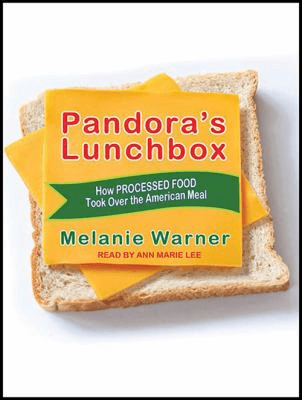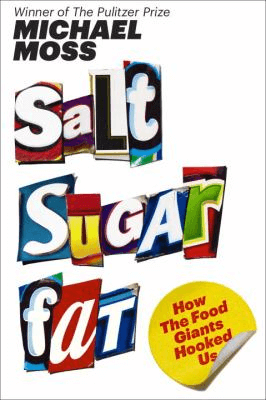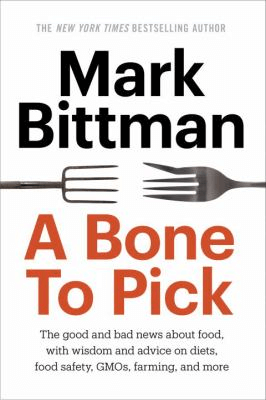Food. It’s something we all need, and something we spend a great deal of time thinking about, preparing, and eating.
Fall, in particular, always gets me thinking about food: where it comes from, how it gets to me, what’s been done to it, whether or not it’s “good” for me.
Even though it’s the end of the growing season, fall is the time we start eating like it’s the food olympics and our lives depend on it. In a way, our lives do depend on it. At least they used to, before factory farming and global shipping became the norm.
As the weather gets colder, we instinctively start eating more to prepare our bodies for the intense cold of January and February. We’re stocking up energy to make it through the winter and early spring.
The catch is that the food we eat today is very different from the food we ate even 100 years ago. It’s grown differently, processed differently and available year-round thanks to global shipping.
None of this is inherently bad, but make no mistake, food is big business, and big business means a lot of attention to the bottom line and less attention to what will fulfill our nutritional needs in a healthy, sustainable way.
Even if you’re not demanding more organic options and meat free of hormones and antibiotics, you’ve undoubtedly seen many companies’ efforts to make their food healthier–i.e. McDonald’s offering apples instead of fries with kid’s meals.
As the weather cools off and the skies cloud over, it’s a perfect time to learn more about modern food production and what “healthy” even means.

Pandora’s Lunchbox by Melanie Warner
Warner’s book explores the history of food production in the United States from about the beginning of the twentieth century–when processed food became available–to the modern day. This isn’t a “eat this, but don’t eat that” kind of book. Instead, it’s a research- and science-based read about how food gets made and what gets put into it.

Salt, Sugar, Fat by Michael Moss
While similar to Pandora’s Lunchbox in some ways, Salt, Sugar, Fat takes a deep look at the history of those three ingredients in foods processed in factories as well as what scientific research has said about their effects on our bodies. He also focuses on the marketing of food products, especially to children, and examines the various legal battles and government policies that have created the current food business.

A Bone to Pick by Mark Bittman
If you like to cook, you’ve probably tried one of Mark Bittman’s recipes. He’s the author of How to Cook Everything and many, many more cookbooks, but he also writes a column for The New York Times on food and food issues. A Bone to Pick is a collection of those columns. Topics range from his visit to a tomato farm and canning plant California, the way factory farming affects the environment at large, and what constitutes “too much” processing. Each column is fairly short, so it’s a nice book to carry around with you to read in between appointments, on your lunch break, or while you’re waiting in line at the grocery store.
Open the Lunchbox
Check out a book on food!-Kelly
Kelly reads, writes and sometimes sews, always with a large mug of tea. Her job as the Clerical Specialist at CLP – West End gives her plenty of ideas for stories that find homes in obscure literary magazines.
